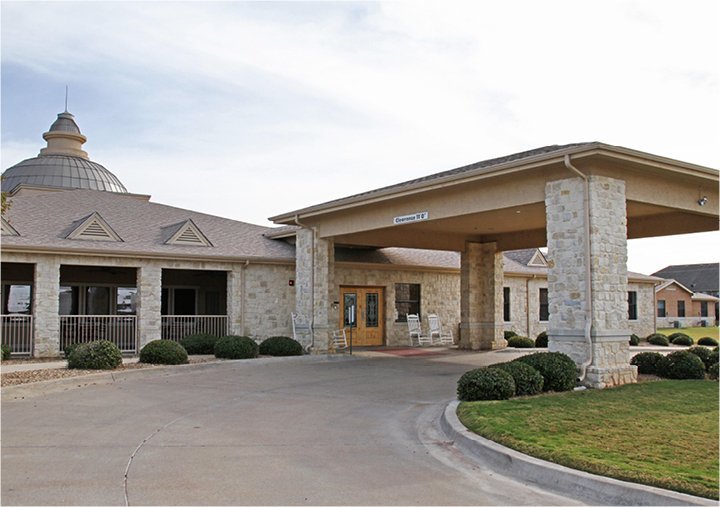Lody assumed the CEO role in early 2019 and embarked on a turnaround effort dubbed “SING,” for stabilize, invest, nurture and grow. As part of that effort, the company brought on new leadership — including Ribar — and restructured financially, while slimming the portfolio from about 130 communities to roughly half that number. However, the Covid-19 pandemic complicated the turnaround process. The company issued a “going concern” warning, and with debt maturities on the horizon, operational expenses rising, and occupancy still in the early stages of recovery, the company ultimately faced a liquidity crunch.
The Conversant deal therefore brought much-needed capital, and will allow the company to address its outstanding debt issues while re-energizing a growth strategy.
The company already has started to execute on certain aspects of that strategy, including through the formation of a management business in early 2021. Going forward, Sonida is seeking to bring more communities under third-party management as well as grow the owned portfolio, with a preference for continuum of care properties that include independent living, assisted living and memory care.
Given the strong performance of Magnolia Trails as well as the leadership team’s previous experience in various facets of health care, memory care is an area of particular interest, Lody said.Sonida’s current footprint includes significant concentrations in Texas and the Midwest. While other properties are spread across different parts of the country, Lody said that she considers the company similar to a regional provider, given that local leaders have a high degree of autonomy.
Indeed, communities do not currently bear the Capital Senior Living brand and they will not take the Sonida name going forward.“While the corporate name is changing, our community names will remain unchanged, allowing us to continue to build upon the positive reputations our communities have earned in their local markets,” Lody said.
Some signage, marketing materials, vehicle wraps and the like do bear the Capital Senior Living name and logo, and these will be updated to Sonida over time — but given the local positioning of each community, such changes are minimal. So, the costs of the rebrand likewise will be minimal, Lody said.In addition to portfolio growth, Sonida’s executive leadership and newly constituted board will evaluate other avenues for expansion, Lody said. Such discussions could include a consideration of adding new revenue streams in areas adjacent to the company’s core business of senior living.
However, the challenges of the moment are the immediate priority — in addition to the labor headwinds, Sonida and other operators are contending with supply chain disruption, rising insurance expenses, ongoing management of Covid protocols, and other issues. “There’s a lot of noise in the system,” Lody said.
While she expects some of this noise will work itself out as pandemic-related disruption ends, the exact timing is uncertain. In the meantime, margins will be challenged and the operating environment will be taxing. But Lody “couldn’t think of a better time to do the capital raise,” given that Sonida is at an inflection point just as the industry is also evolving, coming out of the pandemic. Now, Sonida can forge new paths at a time when innovations are more urgently needed than ever.
Ribar underscored that point as well.






